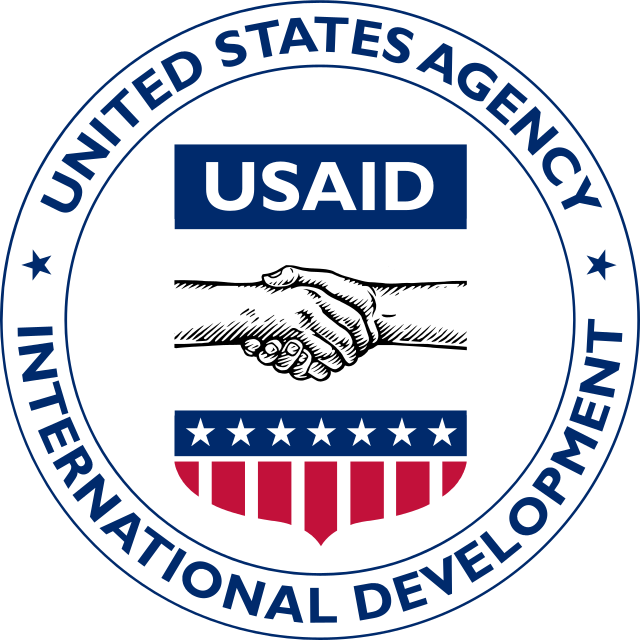The Trump Administration’s decision to stop all work at the US Agency for International Development — the organization dedicated to providing international aid — is having ripple effects at NC State.
The University has performed work to support developing countries with USAID, including the Hilando Oportunidades, or Spinning Opportunities, program in Honduras, designed to support workforce development and training in the textile industry. Funding impacting international research and food security, including agricultural research labs in Kenya, has also been affected by the work stoppage.
Jose Cisneros, director of the College of Agriculture and Life Science International Programs, said the work stoppage has caused these USAID-funded programs to completely halt all work.
Cisneros highlighted the case of a Kenyan student, whose tuition was funded by USAID, who has now had to return to Kenya due to the lack of funding.
“Suddenly you have a student that had to go back to their country,” Cisneros said. “They cannot complete a degree, so a year of investment, sacrifice, leaving family, leaving her country, dedicated to study for a year. Suddenly, ‘You know what, you have to go back home,’ and so all that sacrifice for nothing.”
For CALS, international programs allow the University to compete internationally and have access to crops not commonly found in the U.S., as well as foster positive international trade relationships. Cisneros said the funding cuts will hurt the University’s and United States’ ability to compete.
“You need to know your competition in order to compete,” Cisneros said. “The crops of the future are out there, and we need to have friends there.”
Sid Thakur, executive director of the Global One Health Academy, outlined how the funding cut could affect North Carolina. Thakur said USAID has invested around $194 million in the state of North Carolina to purchase food for distribution internationally.
“It impacts both ways, not just in the countries where USAID was working, but also back home in the US,” Thakur said.
Cisneros said the work-stop order could lead to economic problems, food insecurity and even political instability.
“These economies are fragile because of very limited resources,” Cisneros said. “That small amount of money has a very strong effect.”
Cisneros added that the cuts could have a domino effect.
“Part of the incentive of sending your kids to school instead of going to work is school meals, so then you will lose that as well,” Cisneros said. “So there is a short-term effect, there’s a long-term effect.”
Thakur also mentioned other potential funding sources, including philanthropy and foundations, as ways to replace the funding provided by USAID. But that funding could be difficult to replace, due to the sheer scale of the gap.
Cisneros echoed these claims, adding that the University is looking at all available options to replace the funding.
“It’s not like a couple of million dollars, we are talking billions of dollars,” Thakur said. “To be honest, it’s just a big gap to be filled very quickly. It will take some time. It will definitely have a big impact.”
Thakur said the lack of funding for international programs may cause the University and Global One Health to reorient and focus more on North Carolina-based initiatives and less on the international community.
“We are not just global health, but we are Global One Health,” Thakur said. “So yes, there is an impact in terms of things we can do outside the U.S. But global health, local health — they’re all connected to each other.”













